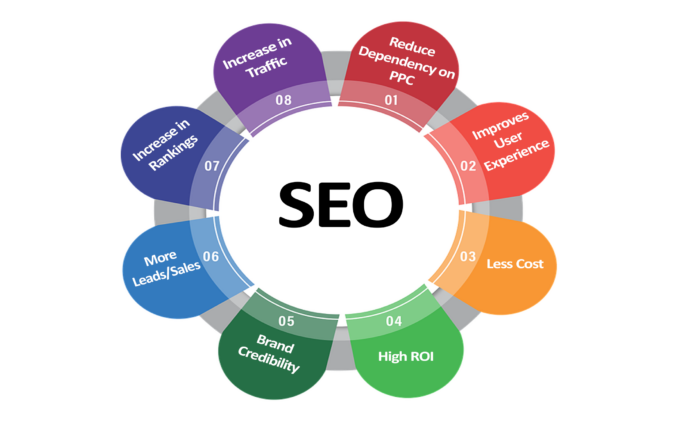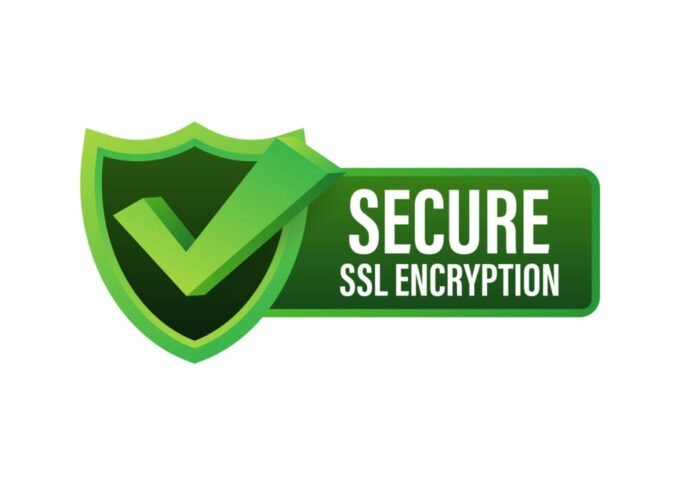SSL certificates have become an essential instrument to safeguard sensitive data in the constantly changing digital environment, where online security is of the utmost significance. Historically, getting an SSL certificate could be costly, but the introduction of free SSL certificates has completely changed the game. In this essay, we examine the advantages and disadvantages of using these free options, outlining their advantages, drawbacks, and relevant concerns.
The advantages of free SSL certificates
Maximum Security at No Cost

Without a doubt, the cost of free SSL certificates is their most obvious benefit. For people and small organizations wishing to secure their websites without breaking the bank, these certificates provide an economical choice. Industry-standard encryption can be used to protect your website for free, letting you focus your financial resources on more important elements of your online presence.
Enhanced Credibility and Trust
With a free SSL certificate, you can rapidly increase the legitimacy of your website and win users’ trust. You can let your audience know that their private information is encrypted and protected by using the well-known padlock symbol and the “HTTPS” prefix in the address bar. This additional level of trust can increase conversion rates and build a solid online brand for you.
SEO Benefits

The significance of secure websites in ensuring users have a safer online browsing experience has been acknowledged by search engines like Google. As a result, SSL-enabled websites typically have higher rankings in search engine result pages (SERPs). By utilizing free SSL certificates, you may improve the security of your website as well as its exposure and possibilities of gaining organic visitors.
Generally accepted
The majority of web browsers and platforms accept and support free SSL certificates, which are normally provided by reputable Certificate Authorities (CAs). This means that your visitors will be able to access your website safely and without running into any compatibility problems, regardless of the browser or device they use. This extensive support guarantees a frictionless user experience and removes any access hurdles.
Implementation Made Simple
Simple installation procedures for free SSL certificates make it easier to deploy secure communications on your website. Numerous companies provide automatic tools or plugins that facilitate easy integration and do not require intricate configurations. Because of its ease of use, SSL certificates may be quickly installed on websites by even non-technical proprietors, securing their online presence.
Testing and development flexibility

Free SSL certificates provide an excellent testing environment for programmers and website managers. You can experiment with secure connections without spending any money during the development stage. With this freedom, you may experiment with various setups, address potential problems, and make sure your website runs without a hitch before spending money on a purchased SSL certificate for the live environment.
Promoting Security Awareness
Certificate Authorities (CAs) encourage a culture of security awareness in the digital environment by providing free SSL certificates. Through the use of these certificates, website owners who might have in the past disregarded or downplayed the significance of SSL encryption are now able to take proactive measures to protect their online platforms. The accessibility of free SSL certificates promotes the widespread adoption of encryption techniques, ultimately making the internet a safer place for consumers and lowering the likelihood of data breaches.
The drawbacks of free SSL certificates

Limited Assurance and Validation
The minimal level of validation offered by free SSL certificates is one of its main disadvantages. Free certificates often just verify domain ownership, as opposed to premium certificates that go through stringent verification procedures. While this degree of validation is enough for the majority of websites, it is insufficient for extended validation (EV) certificates or high-security transactions.
Reduced Lifespan
Comparing free SSL certificates to their premium equivalents, shorter validity periods are frequently seen. Free certificates frequently have shorter lifespans, typically ranging from 30 days to one year, while purchased certificates normally have lifespans of one to three years. This necessitates more frequent certificate renewals, which can be inconvenient and, if handled improperly, could result in downtime.
Limited features and support
While free SSL certificates provide the necessary security and encryption, they frequently lack the extra capabilities offered by purchased certificates. For example, premium certificates could come with warranties, technical assistance, and cutting-edge security tools like malware detection and vulnerability screening. An expensive SSL certificate can be a better choice if your website handles sensitive data or needs these extra features.
Possible Branding Issues
Free SSL certificates occasionally allow you to brand or market your website with the issuing CA. Small businesses and personal websites might not find this to be a major issue, but it can have an effect on larger firms’ ability to project a professional image. Ask yourself honestly if the presence of third-party branding is in line with your branding and company objectives before choosing a free SSL certificate.
Limited Warranty Coverage

Unlike purchased SSL certificates, free alternatives may lack warranty protection. In the event of data breaches or security issues brought on by certificate weaknesses, warranties offer financial protection. Without warranty coverage, you can be fully responsible for any losses or harms brought on by security breaches, which could have a negative impact on your finances and reputation.
Limited Customer Support
They could provide little to no assistance, whereas purchased SSL certificates frequently provide dedicated customer support. You might have to rely on discussion boards or self-help tools if you run into technical issues or have inquiries about your SSL certificate. Lack of customer service can be problematic, especially for non-technical website owners who need quick support when dealing with installation or security issues.
Conclusion
With the advent of free SSL certificates, website security has been more widely available. For many people and small businesses, the advantages of zero cost, increased trust, and SEO are unquestionably alluring. It is important to balance these benefits with the drawbacks of restricted validation, shorter lifespans, and potential branding issues. Before you buy certificate, carefully assess your website’s requirements, take into account your future growth goals, and analyze the advantages and disadvantages. In the end, finding a balance between security and financial restraints will ensure that your website is safe and that your users have a smooth browsing experience.










